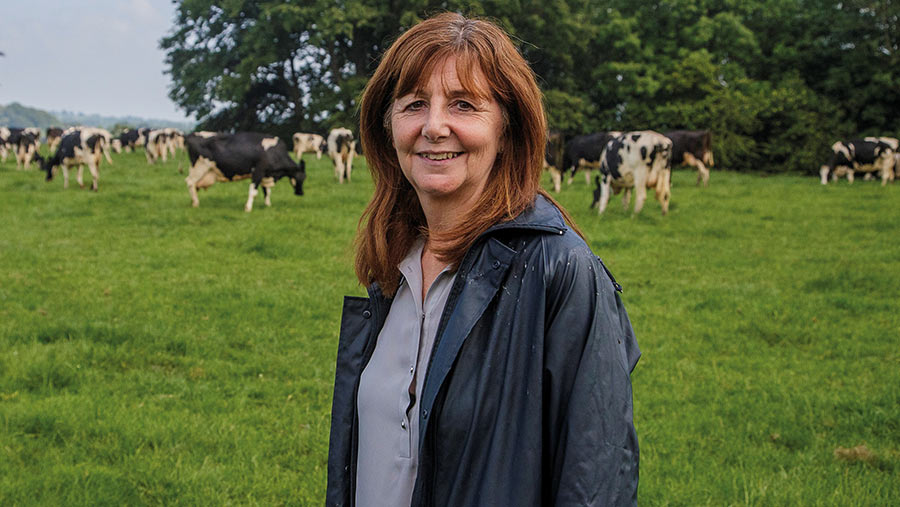‘No more cash’ for Habitat Wales Scheme, says Griffiths
 Lesley Griffiths © Welsh Government
Lesley Griffiths © Welsh Government Welsh farmers, who stand to lose up to 70% of their environmental payments once the Glastir land management scheme is axed at the end of this year, have been warned it is “very unlikely” that the successor scheme’s budget will be increased to alleviate that financial pain.
At the NFU Cymru conference on Thursday (2 November), farmers pleaded with rural affairs minister Lesley Griffiths to reconsider payments under the new Habitat Wales Scheme, which will bridge the gap between Glastir and the Sustainable Farming Scheme (SFS), which starts in 2025.
See also: ‘Fury’ as Welsh government cuts rural affairs budget
Many farmers have been in an environmental scheme for the past 30 years, but the new programme will mean 50-70% payment cuts for some.
Union president Aled Jones told Ms Griffiths the momentum and confidence of farmers on environmental delivery was “fast dissipating”.
“Many of our farmers are facing the cliff edge in funding we warned would happen if these contracts were not extended,” he said.
“We have asked you to introduce a safety net mechanism to limit the losses for those hit hardest by the ending of Glastir.”
No more cash
But Ms Griffiths was frank in her response. “The budget is the budget, I’m afraid, and it is very unlikely that I will be able to increase that budget.”
She said Glastir had to end because it was funded by the EU and that funding would disappear on 31 December 2023.
“I recognise for some farm businesses the amount of support for things that we are able to pay for under the Habitat Wales Scheme will be much less than what is available under Glastir,” she said.
“The harsh reality of the financial pressures we currently face means that we do have to cut our cloth accordingly.”
The minister admitted that the introduction of the new scheme “was not as smooth as any of us would have wanted”, but insisted that tapered payments, and simplifying payment rates and required actions, would distribute funding as fairly as possible.
At the end of October more than 1,000 applications for the new scheme had been received, 39% of them from farmers who did not already have a Glastir contract.
